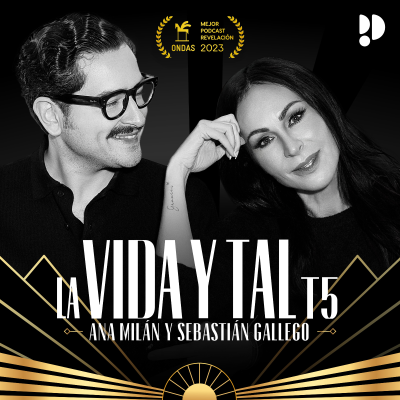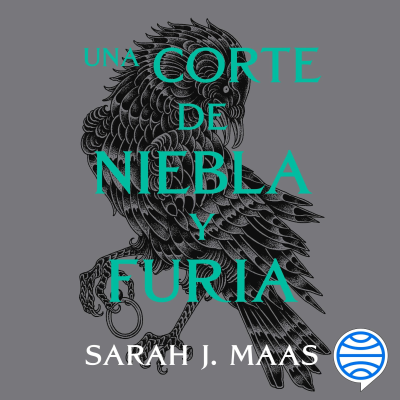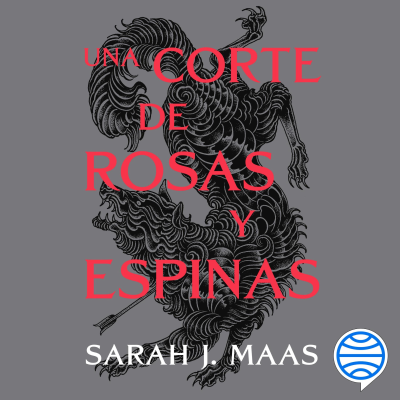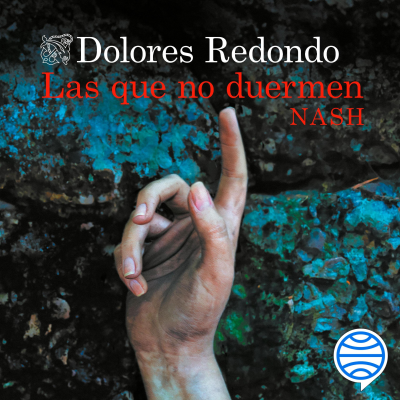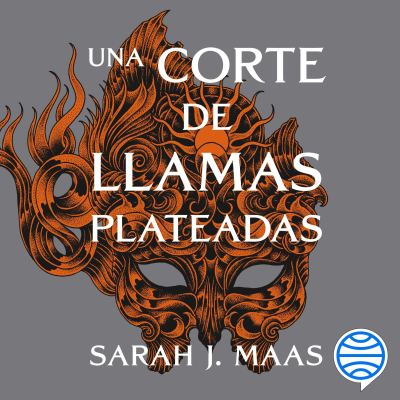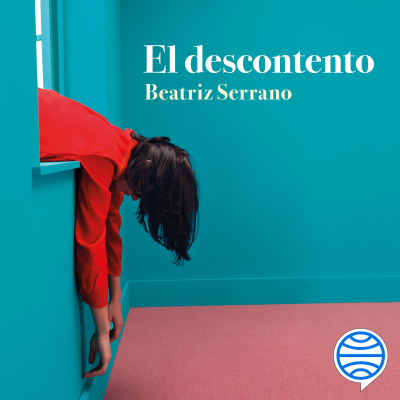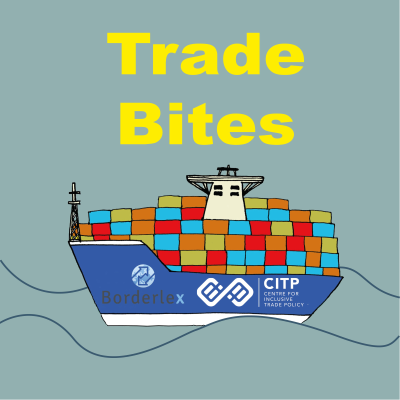
Trade Bites
Podcast de UK Trade Policy Observatory
Trade Bites - the podcast about trade policy. Brought to you by the Centre for Inclusive Trade Policy, and presented by Chris Horseman of Borderlex.
Disfruta 30 días gratis
4,99 € / mes después de la prueba.Cancela cuando quieras.
Todos los episodios
54 episodiosSteel is needed to manufacture everything from aircraft carriers to ironing boards. It is critical for construction and defence and contributes significantly to the national economy. But many countries can produce steel much more cheaply than the UK – notably China, which accounts for more than 50% of global steel production. Plus, the market is distorted by many factors, notably Chinese state production subsidies and US tariffs on imports and then there is the impact of Carbon Border Adjustment Mechanisms on production and global supply chains. Where does this leave British Steel? To what extent should the UK government protect its steel sector in the interests of strategic autonomy, and of keeping the industry afloat? And do recent UK trade agreements make any material difference to our ability to buy and sell steel? Joining our host, Chris Horseman (Borderlex), to unpack this are Chrysa Glystra (UK Steel) and Mattia Di Ubaldo (CITP/University of Sussex).
The US has re-set its tariffs on goods imports according to a formula based on the size of that country’s trade surplus with the US – a move which has thrown all previous norms out the window. We are no longer in a world where tariffs and other aspects of trade policy are negotiated multilaterally – with the World Trade Organization as chief overseer. So where do recent developments leave the global trading system? Is the WTO, and the rules-based system that it oversees, now dead? Joining our host, Chris Horseman (Borderlex), to discuss these issues are Jennifer Hillman (Georgetown University Law Center), L. Alan Winters (CITP/ University of Sussex) and Farisa Zarin (Standard Chartered Bank).
This podcast looks at the recently concluded UK-India free trade agreement deal and the impact for UK exporters now that India’s high tariffs on goods like cars and Scotch whisky will be reduced, and that British businesses will be able to bid for some Indian government contracts for the first time. For India, the UK will remove most of its tariffs on Indian goods, and it will be a little easier for Indian professionals to come and work in Britain. But who gets the better deal out of this agreement? What are the political, economic and social implications of the deal for each party? And given the rather chaotic state of international trade at present, will the UK-India deal perhaps be part of a new wave of agreements to shore up existing bilateral trade flows? Joining Chris Horseman are Amrita Saha (IDS/University of Sussex), Abhijit Das (independent trade policy expert/former Centre for WTO Studies), Achyuth Anil (CITP/University of Sussex) and Emily Weaver Roads (Scotch Whisky Association).
When long-established international trade flows get disrupted, it's not always easy to predict the consequences. Given the adjustments that the UK is continuing to have to make as a result of leaving the EU single market a few years ago, and now President Trump’s global 25% tariff surcharge on imports of cars and components, the challenges are starting to pile up for Britain's automotive sector. How will exporters be affected by Trump’s tariffs, how should the British Government and British carmakers respond and what are the prospects for deepening and expanding trade with other countries around the world, especially in regards to raw materials? Joining our host, Chris Horseman (Borderlex), to discuss these issues are Emanuel Adam (British American Business), Ian Henry (AutoAnalysis) and Richard Gard (Nissan).
The real growth area for trade is in digitally-delivered services. But where there is trade, there is trade regulation. If countries regulate in ways which diverge from each other, then there are digital borders. This podcast discusses how a more streamlined and efficient digital trade environment could be created, why different countries have different regulations, and the prospects of a digital trade deal between the UK and US. Joining our presenter, Chris Horseman are: • Javier Ruiz Diaz, a freelance digital policy consultant • Anupam Chander, the Scott K. Ginsburg Professor of Law and Technology at Georgetown University in Washington D.C. • Lorna Woods, Professor of Internet Law at the University of Essex
Disfruta 30 días gratis
4,99 € / mes después de la prueba.Cancela cuando quieras.
Podcasts exclusivos
Sin anuncios
Podcast gratuitos
Audiolibros
20 horas / mes


